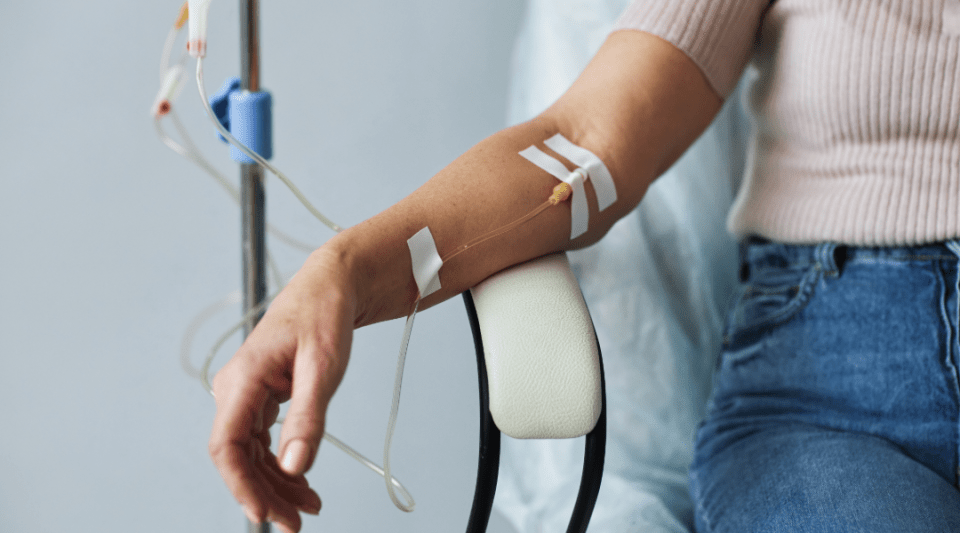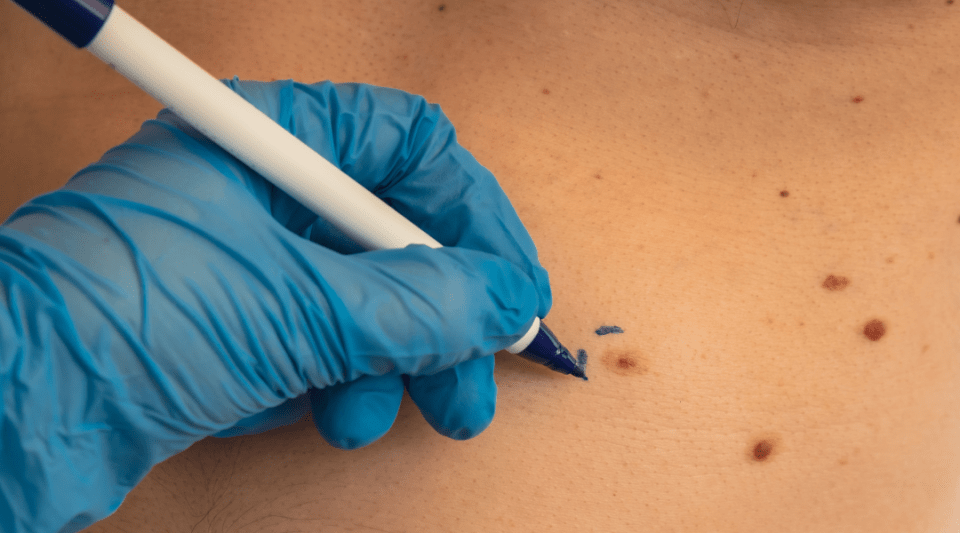Cancer treatment has seen significant advancements in recent decades. As well as traditional options, such as chemotherapy, radiotherapy and surgery, biomedical research has introduced innovative therapies such as immunotherapy and hormone therapy.
These advances have led to survival rates increasing and more and more people overcoming the disease. However, this success has highlighted new challenges, such as cardiovascular complications associated with anti-tumour treatments.
Cardiovascular complications: a growing concern
Cardiotoxicity can manifest itself in different ways, depending on the type of treatment. Drugs such as anthracyclines and trastuzumab, used in breast and haematological cancers, have been associated with heart failure. Also, treatments such as fluoropyridines (for colon cancer) and thoracic radiotherapy can increase the risk of ischaemic heart disease. Cases of cardiac arrhythmias associated with certain therapies have also been detected.
These complications require a multidisciplinary approach, in which collaboration between specialists is essential so the benefits of oncological treatment outweigh possible cardiovascular risks.
The emergence of cardio-oncology
Cardio-oncology units have emerged in response to this need, with medical teams including oncologists, haematologists, cardiologists, radiotherapists and other specialists. The objective of these teams is to provide optimal treatment for cancer, with the maximum reduction of cardiovascular risks and medical decisions adopted according to the needs of each patient.
Prevention and personalised follow-up
Prevention is fundamental to minimising complications. Specialists begin by evaluating the patient's cardiovascular risk, analysing factors such as blood pressure, smoking habits and diabetes and performing diagnostic tests (blood analyses, electrocardiograms and echocardiograms).
Patients with lower risk can have less frequent check-ups, while those with higher risk receive more rigorous follow-up, which includes periodic check-ups during and after treatment.
In cases of very high risk, specialists may consider the preventive use of cardioprotective drugs, such as statins, antihypertensives and beta-blockers, to reduce the chance of serious complications.
The future of cardio-oncology
Cardio-oncology is an emerging speciality with great growth potential. Research in this field is advancing rapidly and is expected to provide new strategies to improve the quality of life of patients.
Finally, the role of primary care medicine is essential for the long-term follow-up of cancer survivors, since these patients have a higher risk of cardiovascular complications over time. A priority in the future will be to structure this follow-up systematically to ensure comprehensive, sustainable care.
With close collaboration between specialists, researchers and primary care professionals, cardio-oncology is consolidating itself as an indispensable ally in the fight against cancer.
Information documented by:
Dr Enric Cascos, Cardiology Department at Hospital Clínic Barcelona.






